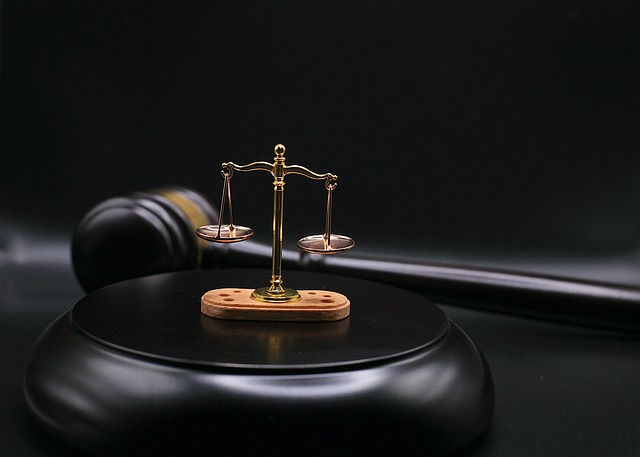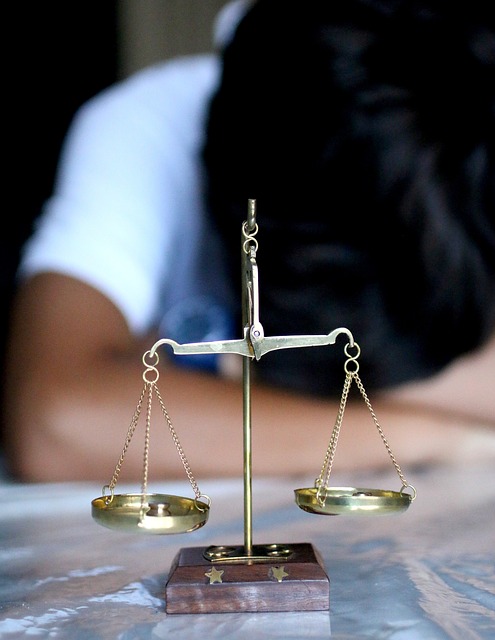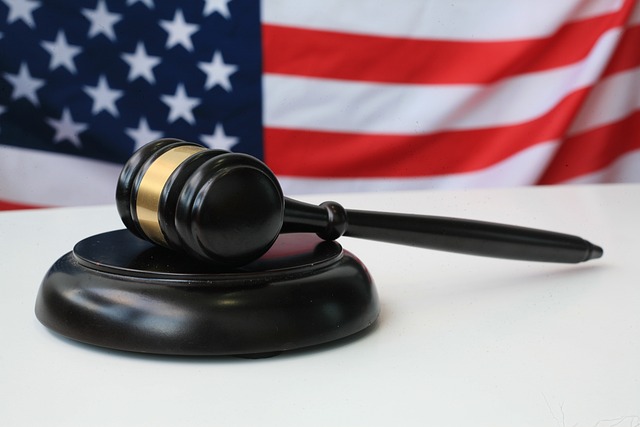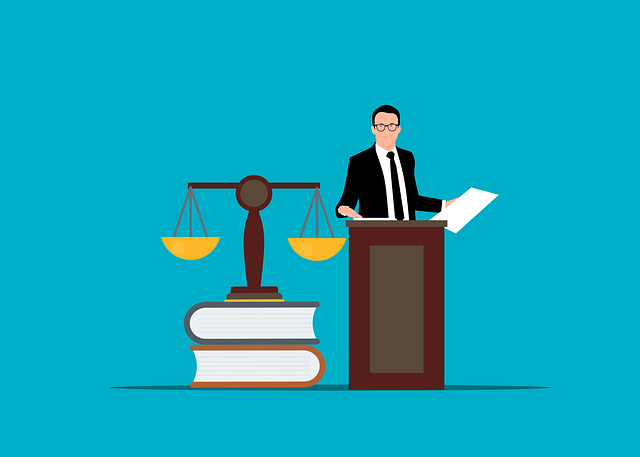Contracts are legally binding agreements subject to specific laws and regulations that must be understood and navigated by all involved parties. Engaging a skilled lawyer is essential for reviewing contract terms to ensure they comply with existing statutes and case law, thereby safeguarding against potential legal issues. In the event of a dispute, the court system plays a critical role in interpreting and applying these laws to the situation at hand, with every contract clause under legal scrutiny. A lawyer's knowledge becomes particularly vital during litigation, as their expertise can significantly influence financial outcomes and fulfillment of contractual obligations. Therefore, it is imperative to approach contracts with careful planning, ensuring that they are legally sound and resilient against legal challenges from the outset. Regular legal consultations throughout the contract process can help identify potential issues, provide tailored advice, and lead to stronger agreements. Should disputes occur, a lawyer versed in contract law can guide you through litigation or alternative dispute resolution methods, offering strategies for negotiation, mediation, arbitration, or formal litigation to find a resolution that satisfies all parties involved. Maintaining up-to-date compliance with contract laws is essential, as it ensures the integrity of your agreements and protects against penalties, building trust and safeguarding business operations. Regular contract audits by a lawyer are recommended to ensure that they reflect current laws and statutes, thereby mitigating risks and ensuring that contracts remain enforceable and fair.
Navigating the complexities of contract laws is pivotal for safeguarding business interests and ensuring legal compliance. This article delves into the essential aspects of contractual agreements, highlighting the critical role of legal experts in drafting and reviewing contracts to align with prevailing statutes. We explore the necessary steps when disputes arise, whether through courtroom proceedings or alternative dispute resolution methods like mediation. Additionally, proactive measures such as regular audits and updates of contracts are discussed to maintain compliance and avoid potential legal pitfalls. Understanding these components is not just a legal obligation but also a strategic advantage for any party involved in contractual engagements.
- Navigating the Legal Landscape: Understanding Contract Law and Its Implications for Parties Involved
- The Role of a Legal Expert in Ensuring Your Contracts Meet All Necessary Legal Requirements
- Steps to Take When Disputes Arise: Courtroom Procedures and Mediation Options for Contractual Issues
- Proactive Measures: How to Regularly Audit and Update Contracts to Maintain Compliance with Current Laws
Navigating the Legal Landscape: Understanding Contract Law and Its Implications for Parties Involved

When parties enter into a contract, they must be cognizant of the legal framework that governs their agreement. A seasoned lawyer plays a pivotal role in this process, meticulously reviewing the terms and conditions to ensure that the contract adheres to the intricate web of statutes and case law under which it falls. This due diligence is crucial for avoiding potential legal pitfalls and ensuring the enforceability of obligations and liabilities as outlined within the contract’s provisions.
In the event of a dispute, the courtroom becomes the arbiter, interpreting and applying the law to the facts at hand. Here, the contract itself serves as the cornerstone document, with every clause subject to judicial scrutiny. Parties must be prepared for the rigors of legal proceedings, where a lawyer’s expertise in contract law becomes indispensable. The court’s decision can have far-reaching implications, from determining financial damages to resolving disputes over the fulfillment of contractual obligations, thus underscoring the importance of a clear and legally sound contract from the outset.
The Role of a Legal Expert in Ensuring Your Contracts Meet All Necessary Legal Requirements

When navigating the complex landscape of contract laws, the expertise of a skilled lawyer becomes indispensable. A seasoned legal professional possesses an intricate understanding of both statutory law and case law, ensuring that your contracts are not only compliant with current regulations but also prepared for potential legal challenges in a courtroom setting. Their role involves meticulously reviewing the language within your contracts to align with legal stipulations, thereby mitigating the risk of disputes or litigation down the line. Their guidance is crucial in drafting clauses that are both clear and enforceable, safeguarding your interests and reducing the likelihood of costly legal battles.
Engaging a lawyer early in the contract process offers significant advantages. They can provide tailored advice based on the specifics of your agreement, ensuring that each term is legally sound and that the obligations of all parties are clearly defined. This proactive approach to contract law not only helps to avoid potential pitfalls but also streamlines the negotiation process, leading to more robust agreements that stand up to scrutiny in a courtroom should the need arise. The lawyer’s expertise ensures that you are fully aware of your legal position and equips you with the necessary tools to manage contractual relationships effectively.
Steps to Take When Disputes Arise: Courtroom Procedures and Mediation Options for Contractual Issues

When disputes over contracts arise, it is imperative to engage with legal expertise. A seasoned lawyer well-versed in contract law can provide guidance on the most appropriate course of action. Whether the issue can be resolved through negotiation or necessitates formal proceedings, the lawyer will assess the situation and advise accordingly. Should litigation be inevitable, the parties involved must navigate the courtroom’s procedures. This involves filing a complaint, serving it upon the defendant, and proceeding with discovery, where both sides exchange relevant documents and evidence. The court then schedules pre-trial conferences to identify the contested issues and guide the parties towards settlement. If a resolution is not reached in court, mediation or arbitration can be pursued as alternative dispute resolution methods, which are often less costly and time-consuming than a full trial. A neutral mediator facilitates discussions between the parties, aiming to help them reach a mutually acceptable agreement outside of the courtroom. This process is informal compared to litigation and allows for more creative solutions that can satisfy both contractual obligations and the interests of each party involved.
Proactive Measures: How to Regularly Audit and Update Contracts to Maintain Compliance with Current Laws

In the dynamic landscape of legal regulations, maintaining compliance with contract laws is a continuous endeavor that demands proactive measures from businesses and individuals alike. A prudent strategy involves regular auditing and updating of contracts to align with current laws. This process ensures that agreements are not only legally sound but also reflective of the latest legal standards. Legal professionals play a crucial role in this regard, meticulously reviewing existing contracts for any clauses that may be outdated or non-compliant with recent legislative changes. By staying abreast of new courtroom rulings and amendments to statutes, lawyers can effectively recommend necessary modifications to contracts, thereby shielding their clients from potential legal pitfalls. This diligent approach not only safeguards the interests of the parties involved but also fortifies the integrity of the agreements under review.
Engaging a lawyer to oversee this process is essential for organizations, particularly given the complexity of contract laws and the penalties associated with non-compliance. The courtroom’s interpretation of contracts can significantly impact their enforceability, and thus, it is imperative to ensure that all agreements are crafted with the latest legal precedents in mind. Through a systematic audit and subsequent updates, businesses can avoid the costly repercussions of contractual disputes, ensuring their operations remain within the bounds of the law. This commitment to compliance not only fosters trust and reliability but also positions entities favorably should any legal challenges arise in the future. Regularly scheduled contract reviews are not merely a precautionary step; they are an integral part of a robust legal compliance framework.
When engaging in contracts, adherence to contract laws is non-negotiable for the protection of all parties involved. This article has delved into the critical aspects of contract law, emphasizing the importance of legal expertise to ensure compliance and the necessity of proactive measures to maintain up-to-date agreements. Should disputes arise, understanding the courtroom processes and mediation alternatives is crucial for a favorable resolution. By regularly auditing and updating contracts, individuals and businesses can safeguard their interests and operate within the bounds of the law. Engaging a competent lawyer from the outset is key to navigating this complex legal terrain, ultimately providing peace of mind and mitigating potential risks in any contractual agreement.
